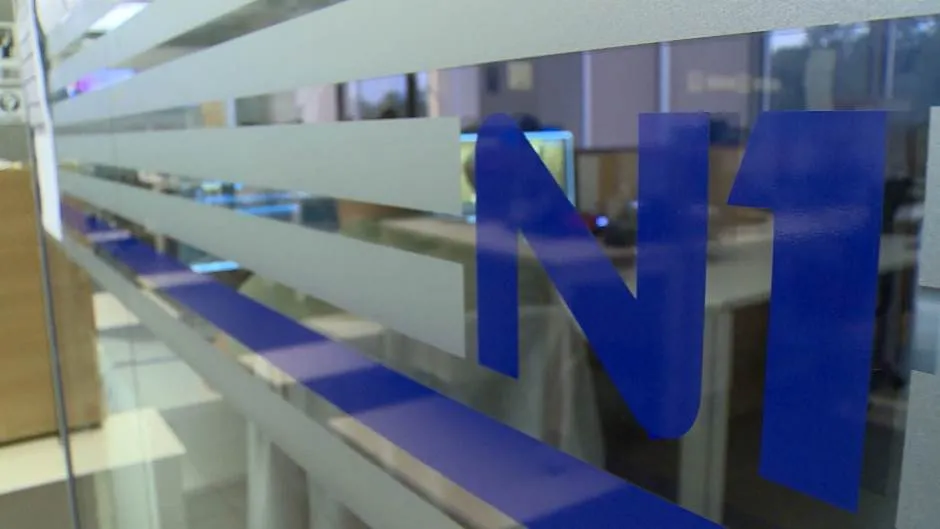Cindy Bauwens, Director at Luxembourg Independent Media Authority/Autorité luxembourgeoise indépendante de l’audiovisuel (ALIA), wrote on her LinkedIn account that this agency follows with attention the developments regarding N1 and noted that the European Parliament’s Resolution on Serbia, adopted on Wednesday, warns that alleged negotiations between the Serbian Government and the owners of United Media, if confirmed, would constitute a serious attack on media pluralism. This example perfectly illustrates why transparency in media ownership is a cornerstone of editorial independence and media pluralism, she emphasized in the post.
“’Transparency is not an end in itself.’, Olaf Steenfadt, during the launch of the first Media Ownership Monitor (MOM) in Armenia. These words, shared today at the launch event in Yerevan, resonated deeply. As an observer, I was particularly struck by how universal these questions are.
“In Luxembourg, the implementation of the European Media Freedom Act (EMFA) will entrust ALIA with new tasks:
– establishing a public database on media ownership under Article 6, and
– ensuring control of media concentration.
“These issues are not abstract for us. Luxembourg is the country of establishment of several cross-border audiovisual services, including N1, operated by Adria News S.à r.l. (part of the United Media group). As the competent regulator under the country-of-origin principle, ALIA naturally follows with attention the developments that may affect media independence within such groups,” Bauwens wrote in her post.
She said the resolution adopted by the European Parliament highlights this risk and “warns that alleged negotiations between the Serbian government and the owners of United Media, if confirmed, would constitute a serious attack on media pluralism.”
“This example perfectly illustrates why transparency in media ownership, knowing who owns what, and what it really means, is a cornerstone of editorial independence and media pluralism,” Cindy Bauwens concluded.
Source: N1




